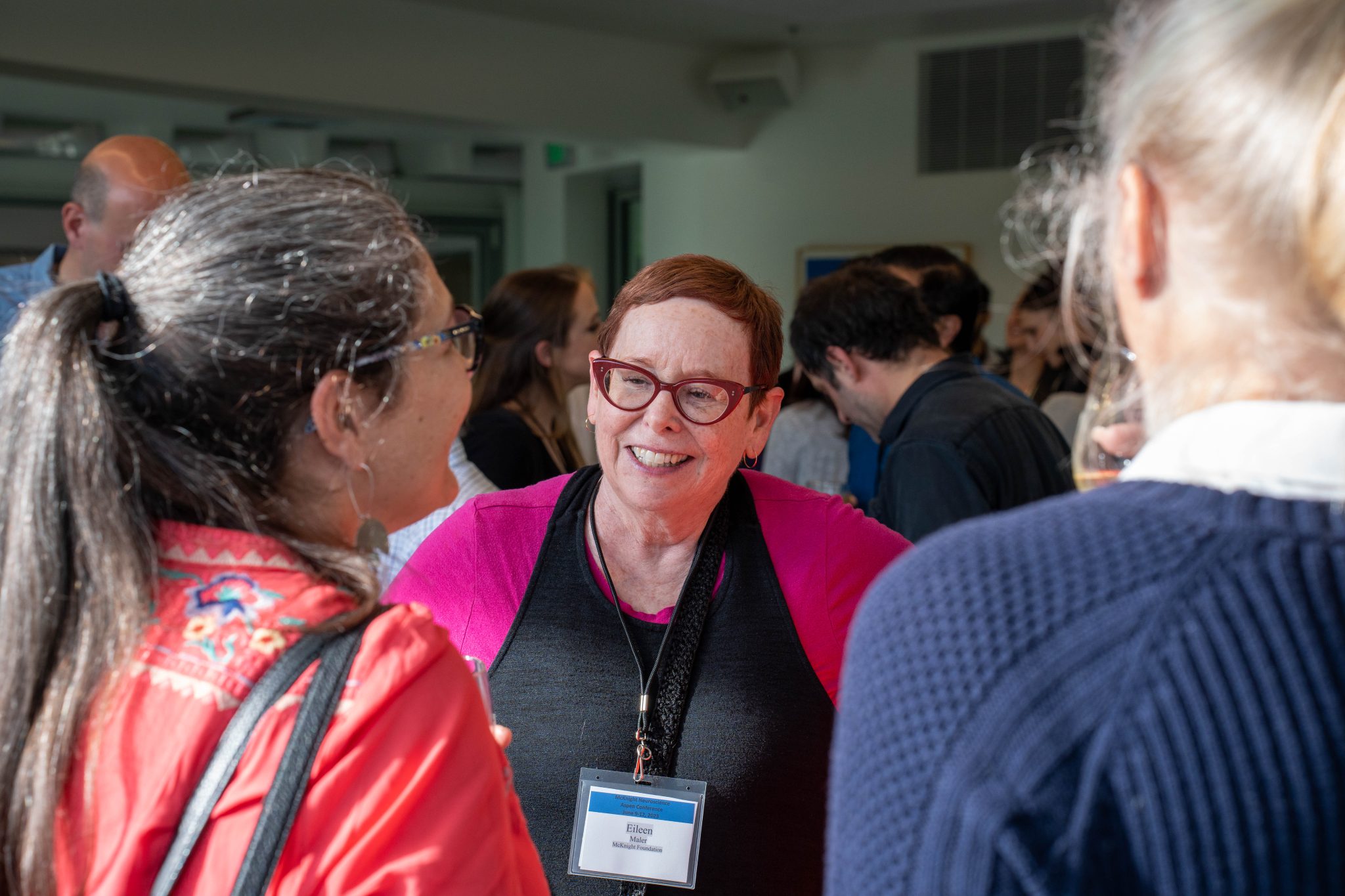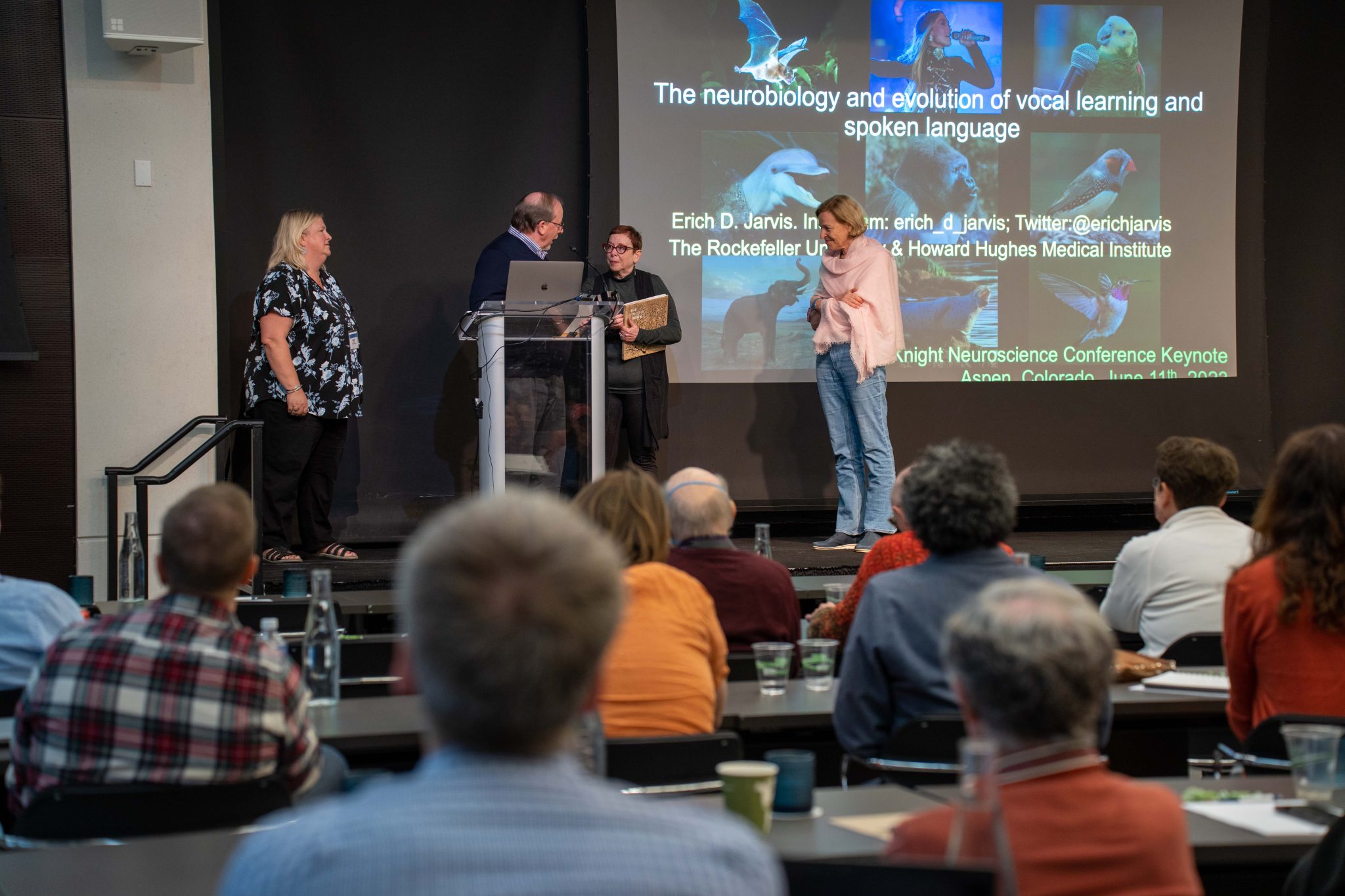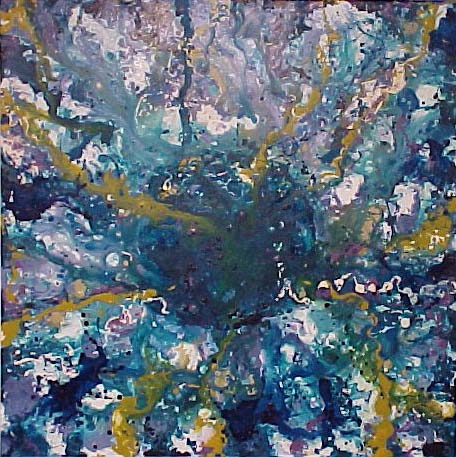
After 15 years of service, I am winding down as program manager with the McKnight Endowment Fund for Neuroscience. My trusted McKnight colleague Joel Krogstad is stepping up to lead in this role as I depart on August 18.
The McKnight Endowment Fund for Neuroscience’s goal is to bring science closer to the day when diseases of the brain and behavior are accurately diagnosed, prevented, and treated. In my time at McKnight, I’ve seen great progress on this front. The annual award programs have supported scientists whose research has brought society closer to preventing, treating, and curing many devastating diseases, including Alzheimer’s disease, Parkinson’s disease, multiple sclerosis, spinal cord injuries, and many others.
Over the last decade and more, I’ve organized 15 annual McKnight neuroscience conferences and listened to (although only partially understood) more than 300 scientific talks. I’ve had the rare privilege to share the news with more than 200 neuroscientists that they received a McKnight award (the best part of the job!). And the pleasure of personally thanking McKnight neuroscientist Cori Bargmann for her contributions to identifying the mutated gene that later inspired a revolutionary cancer treatment—one that saved my own sister’s life.
Over the last 40+ years of the program, we have seen ten McKnight neuroscientists receive the Nobel Prize, and four McKnight awardees (all women) named as MacArthur Fellows. And McKnight awardees were able to leverage an average of $800,000 in additional funds based on their McKnight research.
“To say that the Neuroscience program has inspired me and countless others cannot be overstated.”—EILEEN MALER, NEUROSCIENCE PROGRAM MANAGER
To say that the Neuroscience program has inspired me and countless others cannot be overstated. Established in 1976, the program is one McKnight’s longest-standing issue areas. It was inspired by founder William McKnight himself, who developed a keen interest in brain science as he faced memory loss as he aged. In 1986, the McKnight Foundation created an intermediary organization—the McKnight Endowment Fund for Neuroscience—to oversee the program. Today, the Fund operates two annual award programs: the Scholar award to support new faculty as they first establish a lab, and the Neurobiology of Brain Disorders award to support neuroscientists solving the problems of neurological and psychiatric diseases.
When I first arrived in February 2008, the Endowment Fund’s board refreshed the program strategy to be more inclusive of female investigators, and we worked to achieve that. Today, I’m proud to share that 50% of the 2023 Scholar awardees are women and 75% of the Neurobiology of Brain Disorders awardees are women. This is a 40% increase since 2008. Additionally, the Fund increased its geographical representation of awardees by more than 20%—recognizing innovative scientists who are making progress in all parts of the country.
Fast forward to 2022, when the Endowment Fund’s board revamped the program’s goal to increase the number of underrepresented neuroscientists receiving McKnight awards. This aligns with McKnight’s throughline to embed equity across all of our programs and operations, and recognizes a belief we hold true: that the best science comes from embracing a diversity of opinions and perspectives.
In 2023, our first year focusing on creating labs that are inclusive, diverse, and equitable, the Fund selected 40% of the scholar awardees from communities underrepresented in neuroscience. In the past, less than 10% of awardees came from these communities. These young, promising scientists are in the early stages of their research careers, and each will receive $75,000 per year for three years.

As the Neuroscience program manager, I’ve been a part of something impactful on an international scale, which is humbling. I was influenced by the leaders of the Endowment Fund and the McKnight Foundation, who place a major focus on the accomplishments of grantees and remain positive in the face of big problems. Former MEFN board president and Nobel Laureate, Dr. Torsten Wiesel, personally expressed to me deep gratitude to the McKnight Foundation for its long-term commitment to neuroscience research. Additionally, at every conference, I was overwhelmed with expressions of gratitude from our awardees. Many say that their McKnight grant was the catalyst that took their research to the next level.
As a leader in the U.S. neuroscience community, the MEFN is poised to make a real difference in shifting the U.S. neuroscience community to be more inclusive and diverse. This gives me great hope for the future, knowing that more diversity will make the science better. I am confident that the McKnight Neuroscience program can use its credible influence to have an impact way above its weight in fostering DEI in neuroscience. And I know that McKnight neuroscientists will be at the forefront of discoveries that will lead to solving some of the most devastating brain diseases affecting millions of people.


